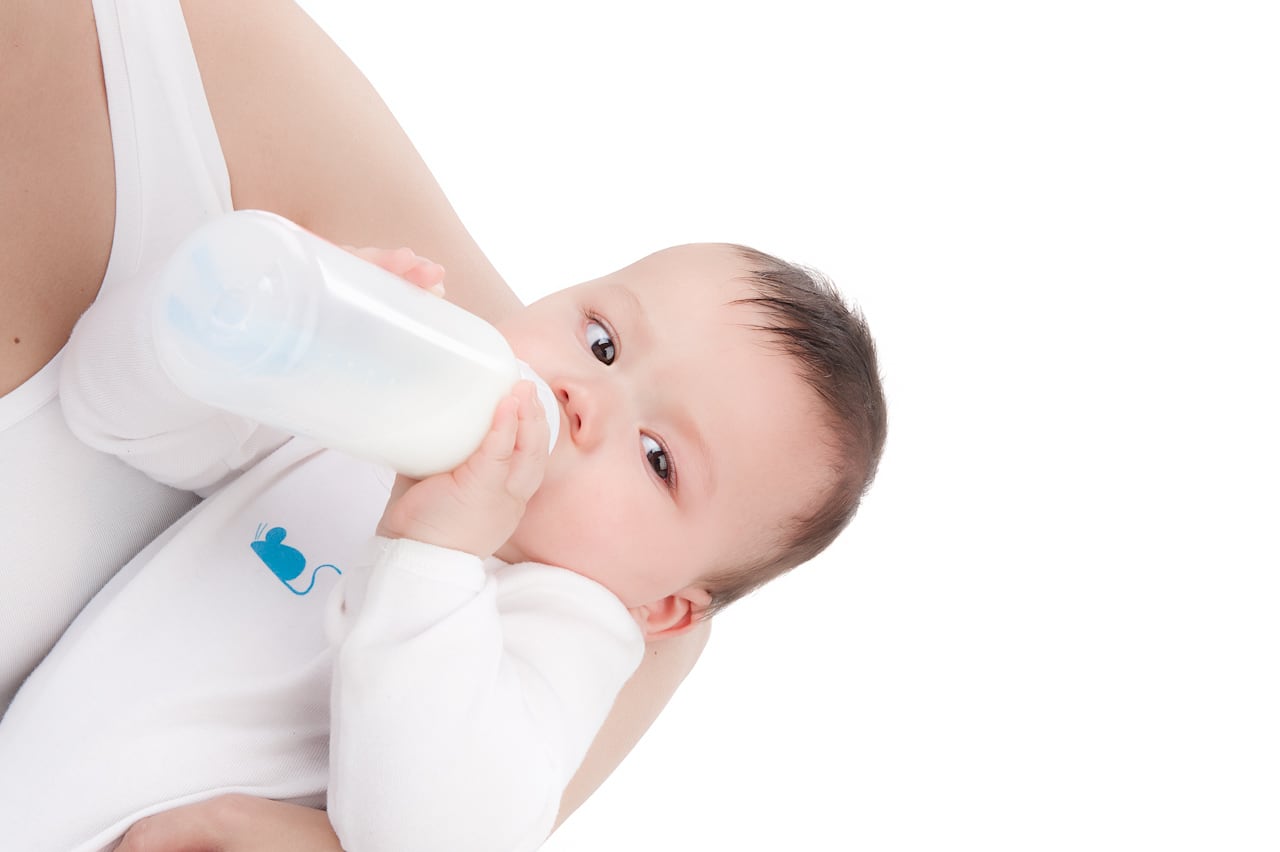“As reported in a number of studies,while follow-up formula may not be explicitly promoted as a breast-milk substitute, documented marketing strategies, such as packaging, branding and labelling may induce mothers to use follow-up formula in the first six months of life and/or to stop breastfeeding after this period,” the WHO said in a missive this month.
“This leads to confusion as to the purpose of the product, i.e. a perception that follow-up formula is a breast-milk substitute. This may result in its early introduction, thereby undermining exclusive breastfeeding up to six months of age and sustained breastfeeding up to two years or beyond.”
It said, “acceptable milk sources exist” for those babies not breastfed or for whom breastfeeding stopped before the WHO recommended two years and that follow-on formulas led to unbalanced nutritional profiles.
“Current formulations lead to higher protein intake and lower intake of essential fatty acids, iron, zinc and B vitamins than those recommended by WHO for adequate growth and development of infants and young children.”
The WHO also opposes the use of infant formulas for babies up to the age of six months, where breastfeeding is possible. Marketing of these products is banned in most countries.
WHO questioned in the UK
But UK nutritionist Carrrie Ruxton, PhD, said the WHO position was not relevant to European and other developed countries. In the EU, marketing of follow-on and children’s milks is permitted but under review by the European Food Safety Authority (EFSA) and European Commission.
“WHO infant feeding policy is inappropriate for developed countries,” Dr Ruxton said. “In countries such as the UK babies are born heavier, water is safe, nutrition and health are generally better, and mothers often return to work within weeks of having their babies – thus limiting breastfeeding opportunities.”
By the WHO’s own figures, just 37 of 199 (19%) countries have passed legislation reflecting the 1981 International Code of Marketing for Breast-milk Substitutes. Only a few countries like India, Kenya, South Africa, Vietnam and Cambodia have full or partial bans on marketing of follow-on milks.
Dr Ruxton called for more flexibility in feeding practices and policies for 0-6 month old babies.

“The strict WHO policy on breast feeding exclusively until 6 months isn’t working in the UK, and studies show that most mothers introduce solids prior to 6 months.”
"A mixture of breast-feeding, formulae milk and complementary foods from 4-6 months onwards may be the best option and may even help to prolong breast feeding by removing the pressure from mothers.”
Dr Ruxton said WHO concerns about over-consumption of protein were more valid.
“Evidence suggests high protein intakes early in life stimulate an earlier adiposity rebound and may increase the number of adipose cells, thus increasing the risk of later obesity,” she said.
“For that reason, and because of the wide availability of good complementary foods in the UK, I would not recommend follow-on milks or milks for so-called ‘hungrier babies’.”
“However, I do think there is a place for fortified toddler milks as these are lower in protein than cow’s milk and contain added nutrients, such as iron and vitamin D, which are lacking in the diets of some young children.”
Welcome action
Patti Rundall, from UK-based pro-breastfeeding group, Baby Milk Action, said the WHO statement would influence EU deliberations about how to treat follow-on formula marketing and that of toddler’s milks.
“It is noteworthy that the WHO is being so clear about marketing. If this statement had existed earlier the regulations governing follow-on formulas may be very different today,” she said.
“But if it can help restrict the use of these stupid bottled formulas that are a rip off then it will be a good thing.”
Judith Liddell, secretary general at the European Federation of the Associations of Dietitians (EFAD), backed the WHO stance on exclusive breastfeeding until the age of six months for infants.
"Thereafter, local, nutritious foods should be introduced, while breastfeeding continues for up to two years or beyond," she told us. "Follow-up formula is therefore unnecessary."
